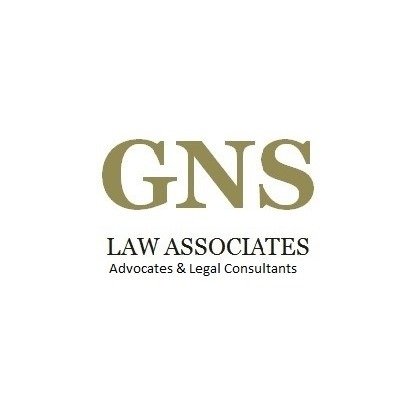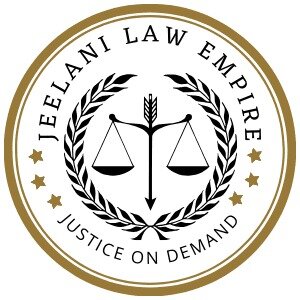Best Bankruptcy Lawyers in Karachi
Share your needs with us, get contacted by law firms.
Free. Takes 2 min.
List of the best lawyers in Karachi, Pakistan
About Bankruptcy Law in Karachi, Pakistan
Bankruptcy law in Karachi, as in the rest of Pakistan, is primarily governed by the Companies Act of 2017 and targets both individual and corporate bankruptcies. In simple terms, it is a process that allows insolvent individuals or corporations, unable to pay their debts, to wipe their financial slate clean by liquidating assets to pay their debts or create a repayment plan. Bankruptcy in Pakistan is complex and navigating it without a knowledgeable legal aid can prove challenging.
Why You May Need a Lawyer
Bankruptcy is a serious legal matter that can have long-lasting implications for an individual or business. You might require a lawyer's assistance in various situations like filing for bankruptcy, understanding complex legal matters, negotiating with creditors, or if you're facing a lawsuit by creditors. Lawyers can offer expertise and guidance to navigate the complicated bankruptcy process, ensuring your rights and interests are protected throughout the procedure.
Local Laws Overview
The Companies Act of 2017 is the principal law governing bankruptcy in Karachi. According to the law, a creditor can file a bankruptcy petition if a company owes them over PKR 10,000 and has defaulted. An insolvent company or individual also has the right to file for their bankruptcy. However, the law requires approval from court to commence bankruptcy proceedings, after which the court either liquidates the company’s assets to repay the debt or develops a repayment plan. Quite crucially, when a company is declared bankrupt, the directors are dismissed and the Official Assignee takes over.
Frequently Asked Questions
1. What happens to my assets when I file for bankruptcy?
Typically, your assets become part of the bankruptcy estate and are sold to pay off your debts. However, certain assets may be exempted depending on the bankruptcy type and Pakistan's laws.
2. How long does bankruptcy last?
In most cases, bankruptcy proceedings in Pakistan take around six months to finalize. However, complex cases may run longer.
3. Will bankruptcy completely clear my debts?
Bankruptcy can clear most kinds of debt, but not all. Obligations like child support, alimony, certain taxes, and student loans usually can't be discharged.
4. Can I run a business after bankruptcy?
After you've been declared bankrupt and have fulfilled your obligations, there's usually no restriction on setting up a business. You may, however, find it challenging to acquire funds.
5. Can I avoid bankruptcy?
Alternatives to bankruptcy include negotiating directly with creditors, entering into a debt management plan, or trying debt settlement. A financial advisor or lawyer can help decide the best course of action for you.
Additional Resources
Individuals seeking legal advice on bankruptcy can contact the Securities and Exchange Commission of Pakistan (SECP) or the Official Assignee's office which operates under the Law and Justice Division. The Pakistan Bar Council and various legal aid societies can also provide assistance.
Next Steps
If you are in need of legal assistance for bankruptcy, the next step would be to consult with experienced bankruptcy lawyers or a legal aid society. Begin gathering your financial documents including any outstanding debt, property, income, and expenses. Legal professionals can give you advice tailored to your situation and assist you through the process.
Lawzana helps you find the best lawyers and law firms in Karachi through a curated and pre-screened list of qualified legal professionals. Our platform offers rankings and detailed profiles of attorneys and law firms, allowing you to compare based on practice areas, including Bankruptcy, experience, and client feedback.
Each profile includes a description of the firm's areas of practice, client reviews, team members and partners, year of establishment, spoken languages, office locations, contact information, social media presence, and any published articles or resources. Most firms on our platform speak English and are experienced in both local and international legal matters.
Get a quote from top-rated law firms in Karachi, Pakistan — quickly, securely, and without unnecessary hassle.
Disclaimer:
The information provided on this page is for general informational purposes only and does not constitute legal advice. While we strive to ensure the accuracy and relevance of the content, legal information may change over time, and interpretations of the law can vary. You should always consult with a qualified legal professional for advice specific to your situation.
We disclaim all liability for actions taken or not taken based on the content of this page. If you believe any information is incorrect or outdated, please contact us, and we will review and update it where appropriate.

















